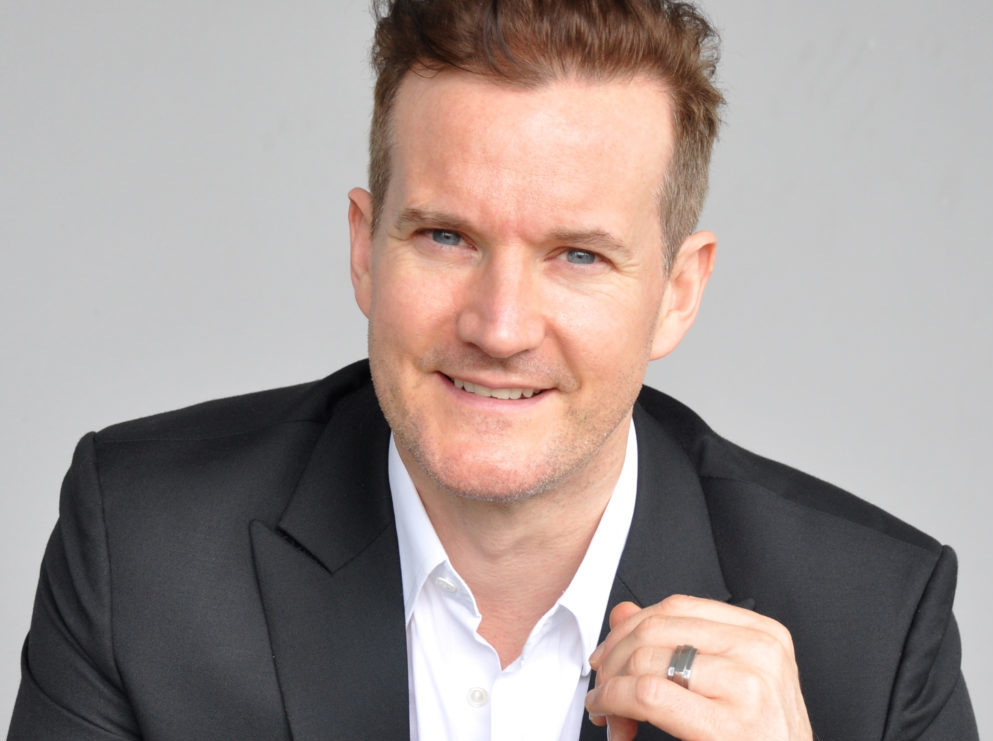Growth Business (GB): Your new book, Go Do Deals!, will be available exclusively to those who attend The Harbour Club – your experimental workshop for entrepreneurs. How does it differ from your two earlier titles?
Jeremy Harbour (JH): My first book, Go Do!, has been described as a “kick up the arse start-up book”, which is probably an apt description. My second, Agglomerate, explains how you can take a small business and benefit from the leverage a large listed company can get. My latest, Go Do Deals! is somewhere in between.
Go Do Deals! is for entrepreneurs looking for a ‘and now what?’ book. The market is full of books about launching start-ups and about sales, marketing, leadership and branding, but none offer practical advice about what to do next.
Starting and growing businesses is a hard rite of passage for entrepreneurs. But once an entrepreneur has achieved it, s/he has two options: to launch and grow other businesses or to look for different, more attractive options.
The problem with launching any new business is the workload. Entrepreneurs have no time to seek out the next opportunity and are instead stuck at the coalface. They become trapped by and in the business. Instead, Go Do Deals! advocates a different approach where entrepreneurs work towards becoming shareholders in existing businesses and focusing on shareholder value rather than customer value. Shareholder value is drive by joint ventures, mergers, acquisitions and exits. The book provides practical advice about using M&As to increase profits and create great succession planning. In short, it is designed to change the entrepreneur’s paradigm and help people to realise that you don’t make real money from running businesses but by making deals.
GB: What are the practical benefits to the entrepreneur of adopting your ‘Agglomeration’ model or by acquiring, rather than building, businesses themselves?
JH: Ask any entrepreneur and they’ll tell you that launching a business of any kind from scratch is hard. Really hard. It typically takes at least three years to create any reasonably successful business, and those three years can be – and often are – the hardest three years of your life. By adopting the agglomeration model I’ve created, entrepreneurs can (and should) avoid those first few years of hard graft and instead pivot or innovate an existing business towards their own idea. Doing so means that entrepreneurs can cut straight to revenue.
Alternatively, entrepreneurs can grow their own start-ups and succession plan by using mergers and acquisitions to add quick scale and experienced management.
The book also helps entrepreneurs to create huge global businesses through agglomeration. This enables the component companies to punch above their weight, access capital and win bigger clients.
GB: The probability of high legal costs and the need for up-front capital often dissuades entrepreneurs from mergers and acquisitions, but you suggest such pitfalls can be avoided?
JH: Indeed, it is a common misconception that you need capital and a stable of expensive advisors to do deals. Capital is a lazy way to do a deal and advisors are almost always the reason a deal falls through. I show entrepreneurs how to buy small and medium owner managed businesses without capital, debt or high legal costs. The strategies are those I have refined since 2009; they have been tried and tested countless times and are now taught to and relied upon hundreds of delegates at my training course, The Harbour Club.
GB: What are the five key lessons you’ve learned in your career to date?
JH: In order, they are:
1. You don’t make money running businesses – you make money when you sell them
2. Trust but always verify. Life might be better when you trust everyone but it’s safer to verify, too
3. The tightrope is only inches off the floor, failure doesn’t kill you, so if you know you can’t die how hard do you push?
4. Keep learning. You don’t know what you don’t know, always be humble and listen
5. Question everything: why do we have to do it that way? Nearly every bit of conventional wisdom can be turned on its head, but the herd follows it blindly.
GB: Is failure a myth or does it really help an entrepreneur to grow?
JH: Failure is part of the learning cycle, just like falling over when you learn to walk. The whole idea that you need to get everything right first time is nonsense but as a society, we are stuck in this paradigm. I was lucky to fail at a young age, which helped me to learn how it feels and what changes.
Jeremy Harbour is a global leader in the field of small business mergers and acquisitions and the founder of The Unity Group and The Harbour Club. He lectures globally on M&As, is an Advisory Director for the Mint National Bank, and a DBS Business Class advisor. Jeremy was named the Coutts Entrepreneur of the Year runner-up three times and has advised Buckingham Palace, Parliament and The Princes Trust (among many others) on matters of business and enterprise.







